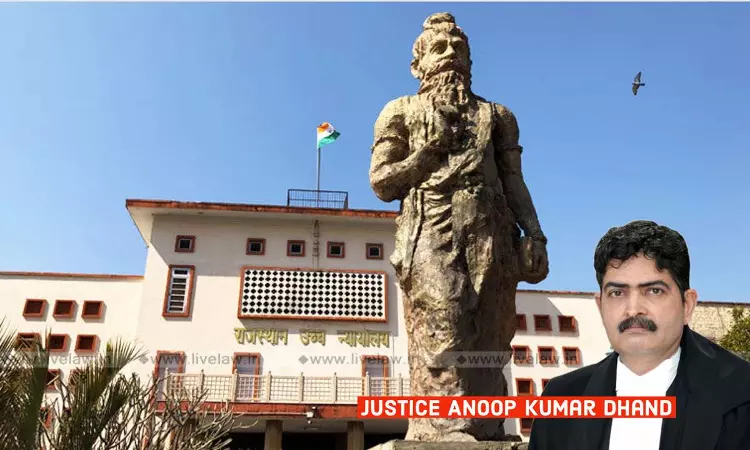Rajasthan High Court Modifies Attempted Rape Conviction To Outraging Modesty
Dhawal Tomer
1 Jun 2024 3:44 PM IST

Next Story
1 Jun 2024 3:44 PM IST
A single bench led by Justice Anoop Kumar Dhand of the Rajasthan High Court has granted relief to a man who was convicted of attempted rape by altering charges against him, noting that removing the girl's innerwear and undressing himself did not amount to an attempt to rape. [Suwalal Vs State of Rajasthan]Background:The complaint was filed by the grandfather of the 6-year-old girl. The...
